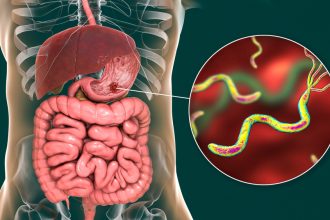You want to feel good about yourself. You want to have sleep. You want to feel better about yourself. You want to get rid of stress. You want to look great and feel great.
But you just can’t lose any weight. You have tried dieting and nothing seems to work. You have a large gut. You wake up feeling tired in the morning.
Losing weight may be easier than you think. With careful planning, you can sleep your way to weight loss, even if you aren’t dieting.
In this article, I will reveal a few simple and powerful tips that will enable you to finally sleep your way to weight loss, even if you are not dieting. By using these methods, you will be able to achieve weight loss quickly and easily. Your body will start burning fat instead of storing it, enabling you to lose weight in no time. Your stomach will shrink back to a normal size and you will feel better about yourself.
Sounds good?
Let’s dive in…
What does “sleep your way to weight loss” mean?
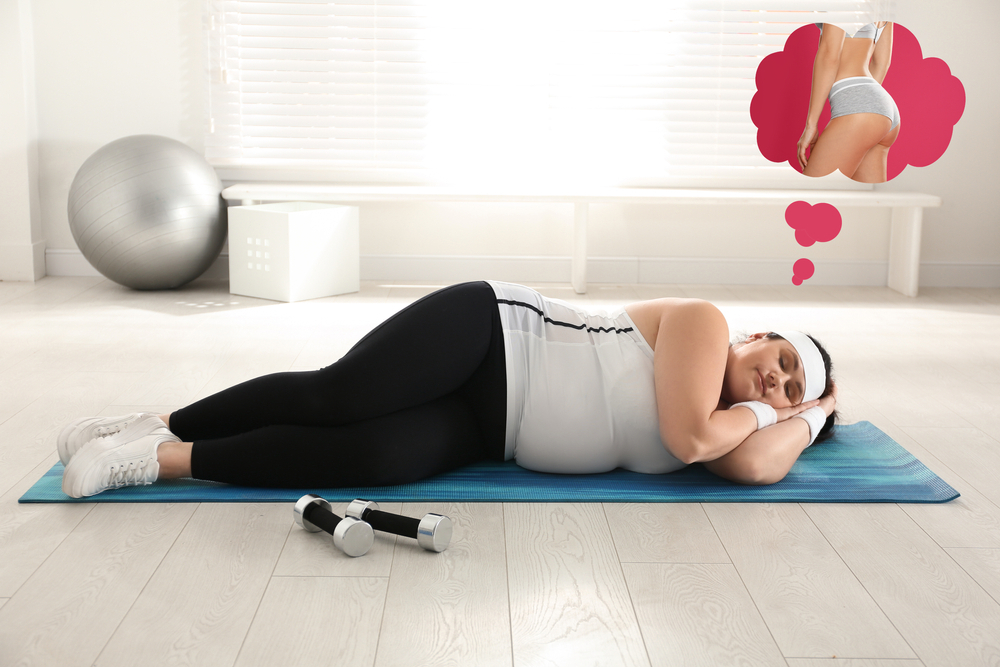
When I say “sleep your way to weight loss,” I’m talking about getting the restorative rest you need to reset your metabolism and burn fat on autopilot.
Here’s why it’s important to give your body the rest it needs to burn fat:
It’s been shown that short bursts of physical activity help keep your metabolism revved up and ready to go throughout the day.
However, when you go to bed, your body turns to ketosis to maintain energy levels. Ketosis is where your body shifts from using glucose for energy to using stored fat instead.
When your body goes into ketosis, it enters a state of energy restriction, meaning that instead of burning glucose for energy, it starts to burn stored fat.
Your body doesn’t want to enter this state of restriction, so it will naturally slow the process down and wait until you’re sleeping before it will kick into fat-burning mode.
Your body wants to keep your glucose levels stable, so if you’re not consuming any calories after dinner, your body will slowly begin to use its stores of glycogen in your muscles and liver to generate energy. This is known as “storing” calories.
Why your snacking habits may be sabotaging your weight loss efforts
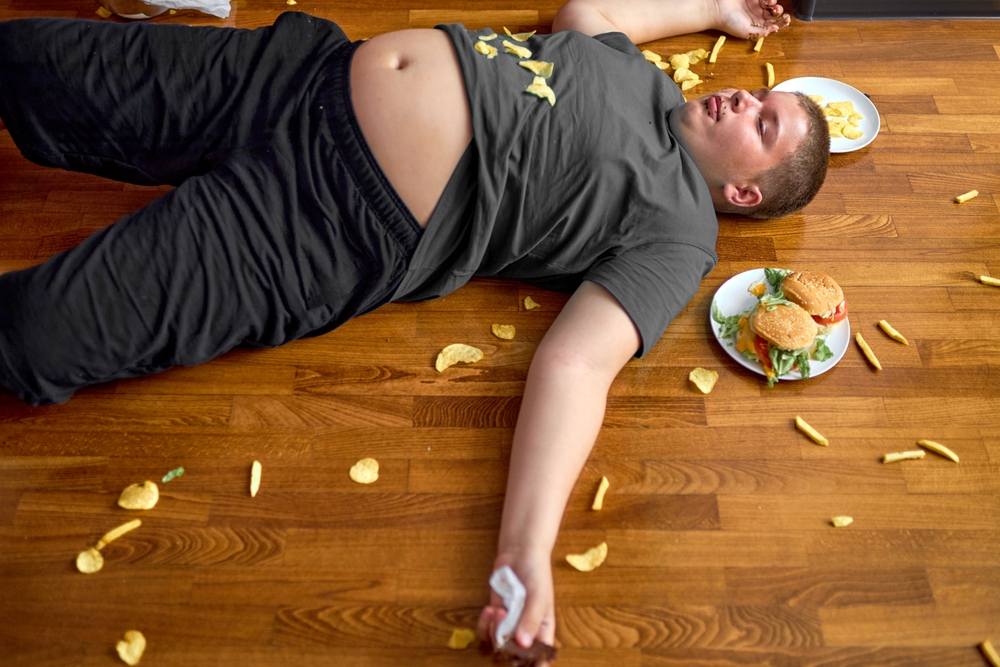
Snacking isn’t a bad thing, but it’s a bad habit.
If you’re like most people, you’ve probably been told over and over again to eat less, move more, and cut back on calories. And yet, you still find yourself indulging in a cookie or a snack here and there. This is where the problem lies—when we snack instead of dieting. While the occasional treat may be fine, we often end up feeling deprived, which triggers the urge to “make up for” those calories by eating something more substantial later on. It’s this kind of snacking mentality that often gets us into trouble.
You don’t want to give up snacks entirely, but try limiting your portions when you do indulge. If you’re trying to lose weight, make sure you’re choosing snacks that are healthy, but also ones that will satisfy your cravings. Try making healthier options such as nuts or dried fruit, or add a bit of fat to satisfy your taste buds.
How to stop snacking when you go to bed
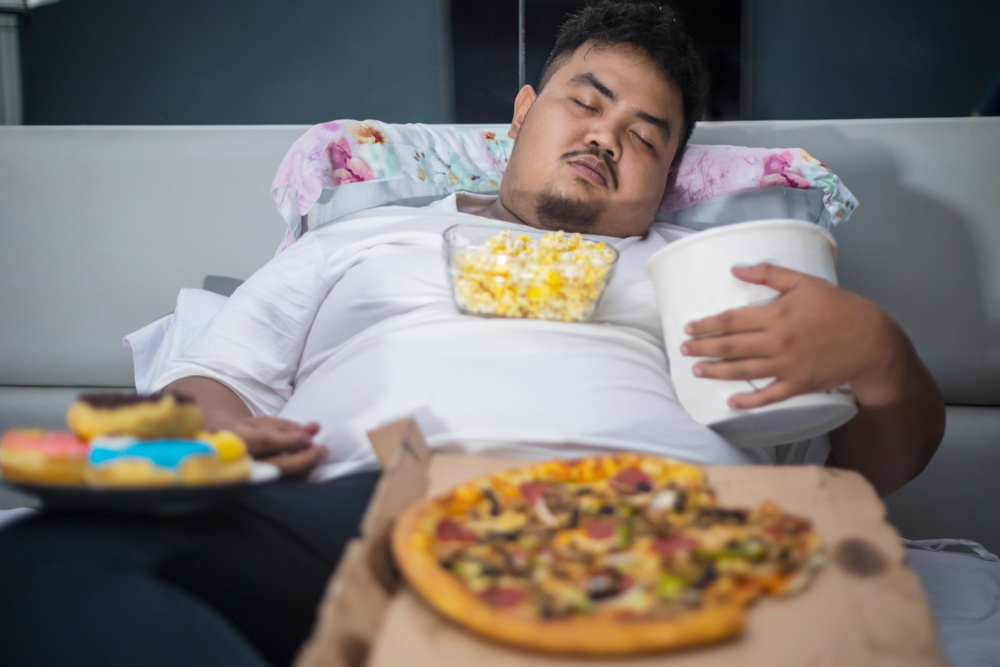
The average American dieter consumes around 300 extra calories per day, and we know this is where most weight gain occurs. Most of these calories come from snacks and drinks consumed before and after dinner.
What if you could stop snacking when you go to bed? What if you could be satisfied without consuming more calories than you need?
There are many ways to combat cravings when you’re hungry. Some of these tactics include the following:
- Drink water, wait 20 minutes, and try again
- Eat some fruit
- Eat a high-protein snack
- Eliminate caffeine from your diet
- If snacking on foods you love is still too difficult, try a low-calorie food
- If this tactic doesn’t work, eliminate carbs from your diet.
How to prevent eating all night
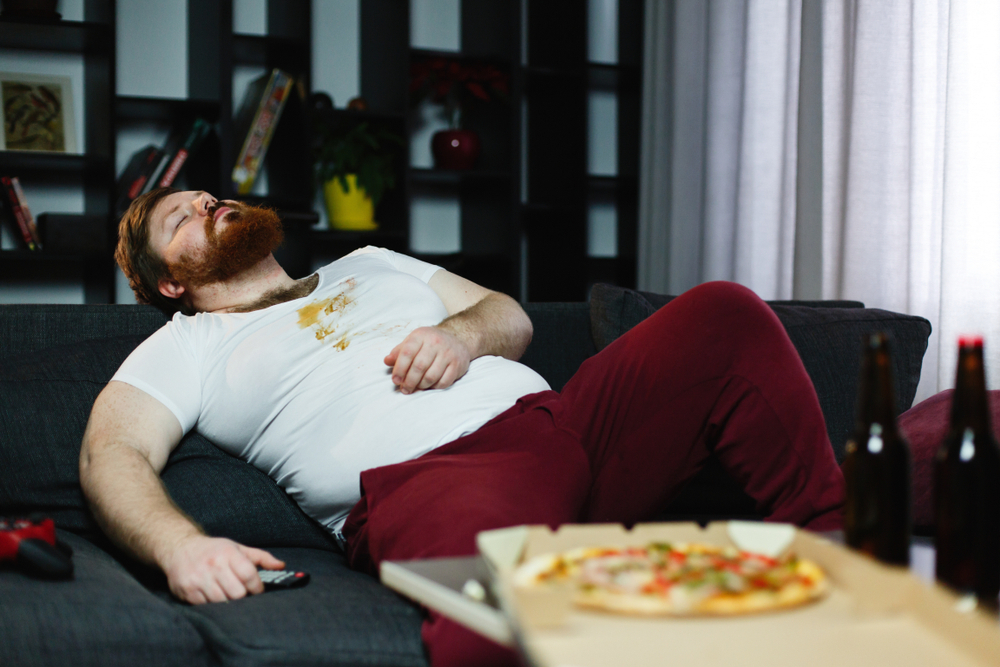
Have you ever had those late nights where you think to yourself, “Oh man, I’m really hungry. It’s not even 10 pm yet. What am I going to eat?” Then before you know it, it’s 3 am and you are still eating. And then it gets really bad. You get up in the morning feeling like crap and have to eat breakfast so you can get to work.
The next time you find yourself eating past midnight, try one of these tactics:
- Prepare your food ahead of time.
- Start with a small portion of your favorite food (for example, an apple or a small sandwich).
- Drink a cup of tea or coffee
- Go to bed earlier
- Plan your dinner menu ahead of time.
You’ll never go hungry if you eat only what you need, and it will help you cut back on calories.
How to fall asleep faster and sleep longer

Getting enough sleep has been proven to have benefits on many levels. And it’s one of the simplest things you can do to improve your health and well-being.
The National Sleep Foundation estimates that an adult needs between seven and nine hours of sleep per night.
Here are some simple tips that can help you get the most out of your nightly sleep.
- Try not to eat after 7 p.m.
- Try to go to bed and wake up at the same time every day.
- Use the bathroom before bed.
- Avoid caffeine within three hours of bedtime.
- Don’t keep a TV in your bedroom or use a tablet or smartphone in bed.
- Keep your room cool and dark, but not too cold.
- Get rid of nighttime distractions like the bedside clock, cell phone, computer, etc.
- Practice meditation or yoga before bed.
- Try to get out of bed at least once in the morning.
- Do something fun before bed, whether it’s reading, exercising, calling a friend, or listening to music.
Use the right weight loss supplement

While dieting can be helpful for some, if your goal is to lose weight and maintain that loss, using a weight loss supplement can help you to stay motivated and avoid yo-yoing.
Many of us don’t realize the importance of a weight loss supplement until we’re trying to lose weight. Without it, we’ll likely hit a plateau that will feel impossible to break through without getting discouraged.
Weight loss supplements can help by boosting metabolism, increasing energy, and keeping you from over-indulging. When used with dieting, they can also help to increase the feeling of satiety and prevent you from feeling hungry.
Conclusion
If you aren’t losing weight by using a combination of diet and exercise, consider trying to lose some pounds before bedtime. By using the techniques discussed in this article, you’ll be better prepared to sleep, making it easier to slim down and maintain your new healthy weight.






